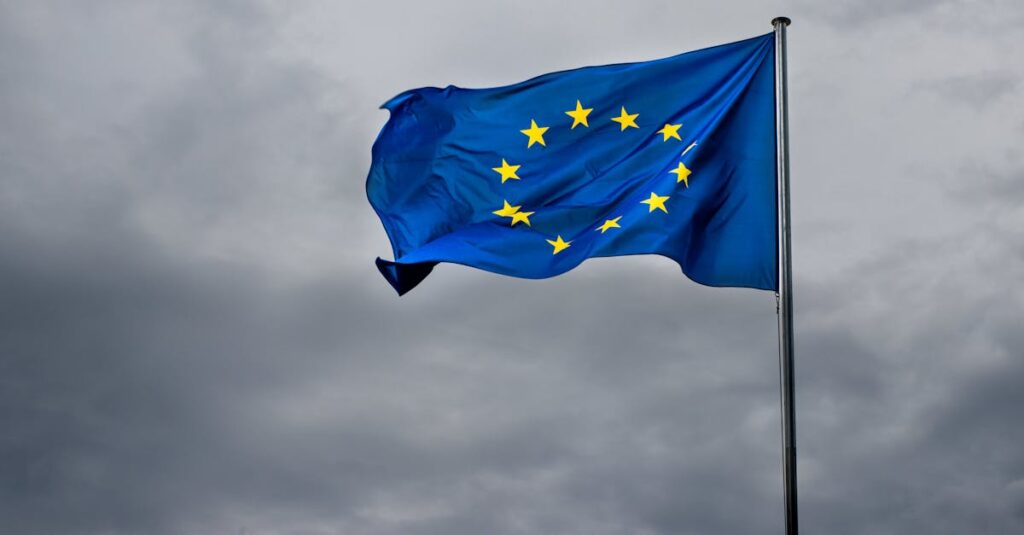Recent legal proceedings against EV Digital Invest (EVDI) have intensified scrutiny of due diligence and investor protection within the German crowdfunding sector. The Berlin Higher Regional Court (Kammergericht) issued a preliminary ruling confirming an earlier court decision, criticizing EVDI for failing to conduct the promised due diligence on its investment projects. While the ruling is not yet final, it signals potential broader implications for the sector, particularly for platforms operating under the Kleinanlegerschutzgesetz (Small Investor Protection Act), which still constitutes the legal framework for the majority of German crowdfunding platforms. Notably, EVDI now holds an ECSPR license, but also continues to offer investments under the national rule settings. Most of all, there is apparently no mention of the lawsuit on its website, raising concerns about transparency, compliance with ECSPR’s investor communication standards, and overall professional conduct in the German market.
A Blow to Investor Confidence?
EVDI, associated by brand only with Engel & Völkers, the real estate company, is under legal scrutiny due to allegations of misrepresenting investment risks. A key issue in the court ruling was the platform’s failure to conduct adequate due diligence, which misled investors about the security and viability of their investments. Particularly concerning was the court’s assessment of the guarantees provided by project developers, which were deemed misleading.
Other platforms have faced similar legal challenges, highlighting potential systemic issues in the German crowdfunding market. In all cases, the transactions in question were operated using subordinated loans (Nachrangdarlehen), which provide limited investor protection. Legal disputes emerged when projects failed, exposing the weaknesses of the regulatory framework under the Kleinanlegerschutzgesetz.
These legal troubles illustrate the risks investors faced before ECSPR’s implementation. However, the German (and Austrian) approach to ECSPR allows subordinated loans to remain outside EU law, continuing to pose significant risks to retail investors.
Musterklage and Its Implications for the Sector
One of the key developments in the EVDI case is the potential Musterklage (model lawsuit). This legal tool allows a representative plaintiff to bring a case on behalf of a group of affected parties. In the context of crowdfunding, if more investors join the Musterklage, it could set a precedent for how crowdfunding platforms are held accountable for investor protection under German law. This lawsuit model could streamline litigation and enhance the ability of investors to collectively pursue claims against platforms that have failed to meet due diligence standards.
If the Musterklage is successful, it may lead to a wave of similar legal challenges across the German crowdfunding market, as investors seek restitution for misleading investments and inadequate platform vetting. This development could compel platforms to reconsider their compliance with the Kleinanlegerschutzgesetz, as well as their adherence to the more rigorous requirements of ECSPR.
The legal challenges highlight systemic weaknesses in the German crowdfunding landscape, particularly under the Kleinanlegerschutzgesetz, which remains the preferred legal model for the German sector. The case(s) demonstrate the need for stricter vetting of investment projects to prevent misleading risk assessments and an apparent lack of transparency in risk disclosures. They may also highlight regulatory shortcomings in the reliance on subordinated loans for crowdfunding.
Would ECSPR Have Prevented These Issues?
The European Crowdfunding Service Providers Regulation (ECSPR), which came into effect in November 2021, introduces stricter requirements for due diligence, investor protection, and transparency. Key measures include:
• Comprehensive Risk Assessments – Platforms must conduct thorough due diligence and publish standardized investment information.
• Stronger Investor Protection – The regulation mandates clearer disclaimers on risks and ensures projects meet minimum viability thresholds before listing.
• Greater Legal Recourse – Investors now have better legal standing in cases of misleading information or platform negligence.
Hypothetically, had EVDI at the time been fully compliant with ECSPR’s transparency standards, the lack of due diligence and misleading security claims might have been flagged earlier, potentially preventing investor losses. We will never know if this would be true.
A Sector in Transition or Decline?
The legal troubles of EVDI, along with challenges faced by other platforms, reflect the evolving nature of the crowdfunding industry in Germany. In general, this should not be worrying, but to be expected.
As ECSPR enforcement strengthens, platforms will need to prioritize transparency, due diligence, and investor protection to restore confidence in the sector. Yet, the lack of public communication from both EVDI and the national association further underscores the need for increased accountability.
Maybe not surprising as the majority of German actors are avoiding professional oversight by seeking workarounds to ECSPR – in order to get to retail investors’ money without the strict consumer protection rules the European lawmakers have foreseen for the sector.
While the transition to ECSPR may be challenging or costly, it represents a necessary step toward a more stable and trustworthy crowdfunding ecosystem. Germany, the largest economy in the European Union, has only five ECSPR-licensed platforms compared to more than 50 in France, for example.
The ongoing court cases and potential Musterklage will clarify whether these issues are isolated incidents or widespread problems. If the latter proves true, more legal actions can be expected. The powerful German Consumer Protection Body, Stiftung Warentest, is already providing guidance on how Musterklagen are working – based on a law suit against Wirecard – referencing the cases against German crowdfunding platforms.
The Silence of the German Industry…
Despite the potential significance of the EVDI case, and the public interest surrounding it, there seems to be no public statement from within the industry or its national trade body. This silence is particularly concerning because the crowdfunding sector’s credibility and investor trust are at stake. By not addressing the issue head-on, the industry risks appearing dismissive or unresponsive to the very concerns that ECSPR aims to address.
For example, EVDI has one risk warning page, placing ECSPR right next to the Kleinanlegerschutzgesetz. It remains unclear to investors that ECSPR was written specifically to eliminate national options such as the Kleinanlegerschutzgesetz. As of January 2025, there were just under 30 ECSPR-licensed platforms offering services in Germany, but only five of these are actual German platforms. The fact that the majority of German platforms remain outside ECSPR should be a point of concern for both German legislators and BaFin. More importantly, it should raise alarms for all professional ECSPR-licensed platforms operating in or seeking to offer services within Germany.
This silence may not only tarnish the reputation of national platforms operating outside ECSPR, but could also cast doubt on the credibility of ECSPR-compliant platforms. Investors who aren’t aware of the legal differences between these platforms might generalize the issues of platforms like EVDI to all crowdfunding services, undermining confidence in ECSPR-compliant offerings.
For the long-term health of the sector, it is crucial that the industry takes a clear stance on investor protection and compliance with regulations. The silence could inadvertently fuel public skepticism, making it harder for both national and ECSPR-compliant platforms to rebuild trust in the crowdfunding ecosystem.



